March 11 stands as one of history’s most eventful days, witnessing the rise and fall of empires, groundbreaking discoveries, and moments that shaped our modern world across centuries of human achievement.
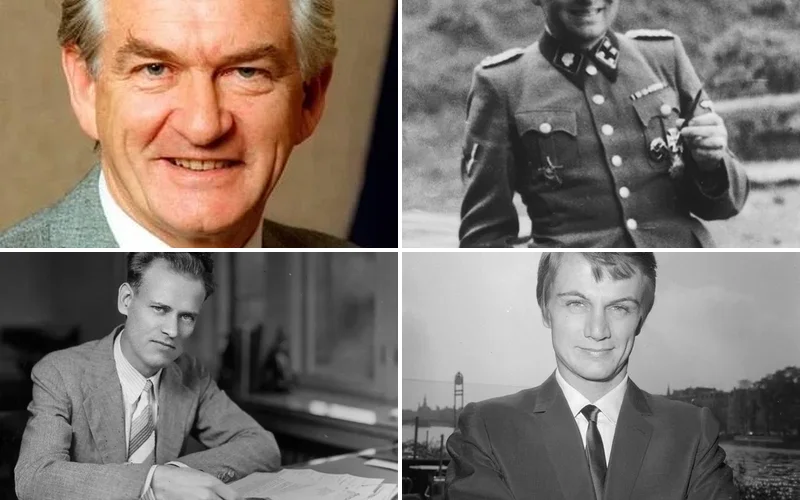
Politics and Government Events on March 11
1985 – Mikhail Gorbachev Elected General Secretary of Communist Party
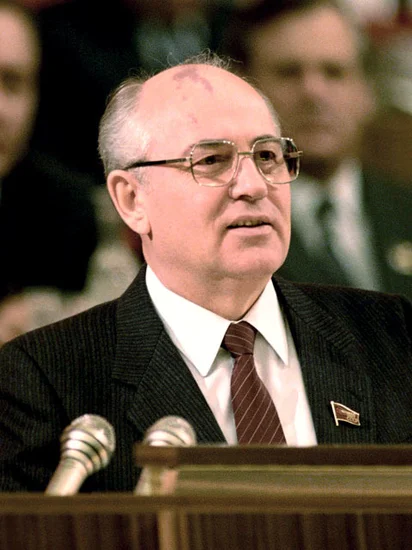
The Soviet Union witnessed a historic transition as Mikhail Gorbachev assumed control of the Communist Party. His election marked the beginning of unprecedented reforms that would reshape the socialist world.
Gorbachev’s appointment as the USSR’s de facto leader initiated policies of glasnost and perestroika. His leadership ultimately led to the dissolution of the Soviet Union and the end of the Cold War.
1990 – Lithuania Declares Independence from Soviet Union
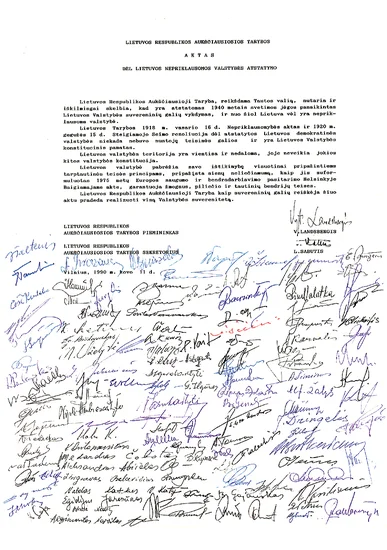
Lithuania boldly proclaimed its independence from the crumbling Soviet Empire on this pivotal day. The Baltic nation became the first Soviet republic to formally break away from Moscow’s control.
This courageous declaration sparked a chain reaction across Eastern Europe. Lithuania’s independence movement inspired other Soviet republics to pursue their own paths to freedom.
1990 – Patricio Aylwin Sworn in as Chilean President

Democracy returned to Chile as Patricio Aylwin took the presidential oath after seventeen years of military rule. His inauguration marked the peaceful transition from Augusto Pinochet’s dictatorship to civilian government.
Aylwin’s presidency symbolized hope for human rights and democratic institutions across Latin America. The ceremony celebrated Chile’s return to constitutional governance and political freedom.
1983 – Bob Hawke Appointed Prime Minister of Australia

The Australian Labor Party elevated Bob Hawke to the nation’s highest office following his party’s electoral victory. Hawke brought extensive union leadership experience to the prime ministerial role.
His appointment ushered in significant economic reforms including currency deregulation and trade liberalization. Hawke’s charismatic leadership style resonated strongly with Australian voters throughout his tenure.
2016 – Michelle Bachelet Inaugurated as Chilean President
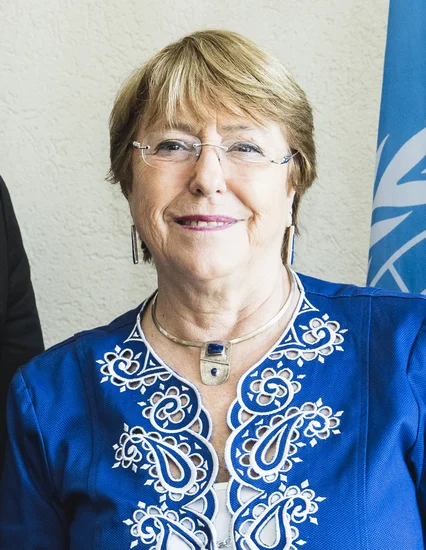
Chile made history as Michelle Bachelet became the nation’s first female president during her second term. Her inauguration represented a milestone for gender equality in Latin American politics.
Bachelet’s presidency emphasized social reform and educational improvements throughout Chile. Her leadership demonstrated women’s growing influence in South American governmental institutions.
2006 – Michelle Bachelet Inaugurated as First Female President of Chile
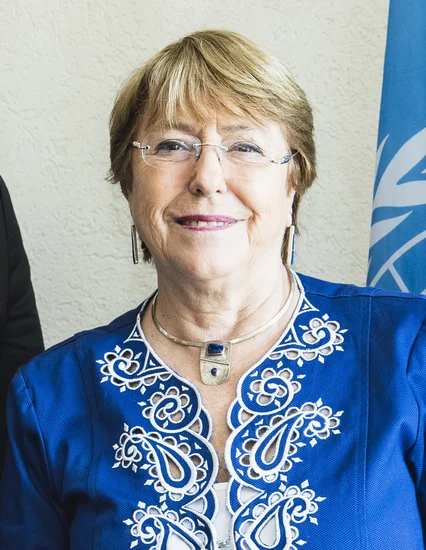
Chile broke gender barriers as Michelle Bachelet assumed the presidency for her historic first term. Her inauguration marked a transformative moment for women’s political participation in South America.
Bachelet’s election victory demonstrated evolving attitudes toward female leadership in traditionally male-dominated political systems. Her presidency inspired women across Latin America to pursue political careers.
Military and Naval History on March 11
1917 – Baghdad Falls to Anglo-Indian Forces
British General Frederick Stanley Maude commanded Anglo-Indian troops in capturing Baghdad during World War I’s Mesopotamian campaign. The strategic victory secured crucial oil resources for the Allied war effort.
This conquest marked the collapse of Ottoman control over modern-day Iraq. The British occupation established new administrative structures that would influence Middle Eastern politics for decades.
1941 – Roosevelt Signs Lend-Lease Act
President Franklin D. Roosevelt signed the groundbreaking Lend-Lease Act into law, transforming American foreign policy. This legislation allowed the United States to provide military aid to Allied nations without direct payment.
The Act effectively ended American neutrality while avoiding immediate military involvement in World War II. Lend-Lease supplies proved crucial for British and Soviet resistance against Axis powers.
1945 – Japanese Navy Launches Operation Tan No. 2
The Imperial Japanese Navy executed a desperate large-scale kamikaze assault against the U.S. Pacific Fleet at Ulithi atoll. This suicide mission represented Japan’s increasingly desperate military situation in the Pacific War.
The attack demonstrated Japan’s commitment to unconventional warfare tactics as conventional naval power declined. Operation Tan No. 2 marked one of the war’s most significant kamikaze operations.
1945 – Empire of Vietnam Established
Japan created the puppet state Empire of Vietnam as World War II neared its conclusion. This short-lived political entity represented Japan’s attempt to maintain influence in Southeast Asia.
The Empire of Vietnam collapsed within months as Japanese power waned throughout the Pacific. Its brief existence highlighted the complex colonial transitions occurring across wartime Asia.
1946 – Rudolf Höss Captured by British Forces
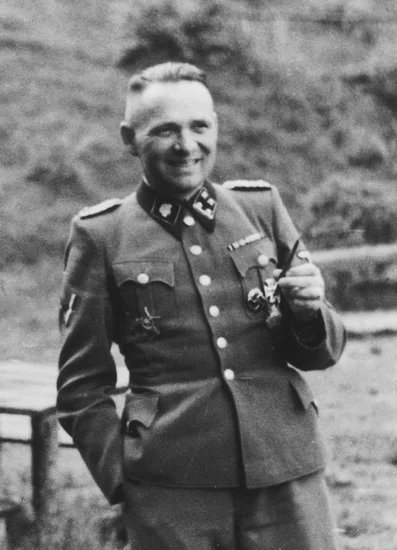
British troops apprehended Rudolf Höss, the notorious first commandant of Auschwitz concentration camp. His capture brought one of the Holocaust’s most significant perpetrators to justice.
Höss’s arrest provided crucial evidence for war crimes tribunals investigating Nazi atrocities. His subsequent testimony revealed horrific details about the systematic murder of millions.
1978 – Coastal Road Massacre in Israel

Palestinian Fatah militants hijacked an Israeli bus, killing at least 37 people and wounding over 70 others. This devastating terrorist attack prompted Israel’s immediate military response through Operation Litani.
The massacre intensified Middle Eastern tensions and demonstrated the ongoing cycle of violence plaguing the region. Israel’s retaliatory operations expanded the conflict into southern Lebanon.
Science and Discovery Milestones on March 11
2008 – Space Shuttle Endeavour Launches STS-123 Mission

NASA’s Space Shuttle Endeavour successfully launched carrying the first component of Japan’s Kibō module to the International Space Station. This mission marked a significant milestone in international space cooperation.
The Kibō module represented Japan’s largest contribution to the ISS project. Endeavour’s successful delivery enhanced the station’s scientific research capabilities and international partnerships.
2011 – Magnitude 9.0 Earthquake Strikes Japan

A devastating earthquake measuring 9.0 magnitude struck 130 kilometers east of Sendai, triggering a catastrophic tsunami. The disaster killed thousands and triggered the second-largest nuclear accident in history.
The Fukushima nuclear facility suffered meltdowns classified as Level 7 on the International Nuclear Event Scale. This tragedy reshaped global nuclear safety protocols and emergency response procedures.
2023 – WHO Declares COVID-19 a Pandemic
The World Health Organization officially declared the COVID-19 virus outbreak a global pandemic, acknowledging its unprecedented worldwide spread. This declaration mobilized international resources for coordinated response efforts.
The pandemic designation triggered emergency protocols across nations and institutions globally. WHO’s announcement marked a turning point in humanity’s fight against the novel coronavirus.
Cultural and Arts Events on March 11
1927 – Roxy Theatre Opens in New York City
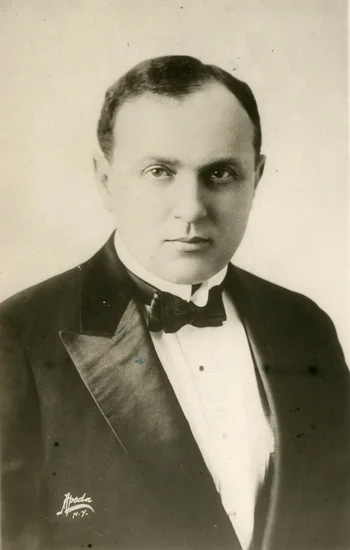
Samuel “Roxy” Rothafel unveiled his magnificent Roxy Theatre in New York City, creating an entertainment landmark. The opulent venue became synonymous with luxury entertainment and theatrical excellence.
The Roxy Theatre established new standards for movie palace architecture and presentation. Its grand opening marked the golden age of cinema’s most spectacular entertainment venues.
1962 – Claude François Born
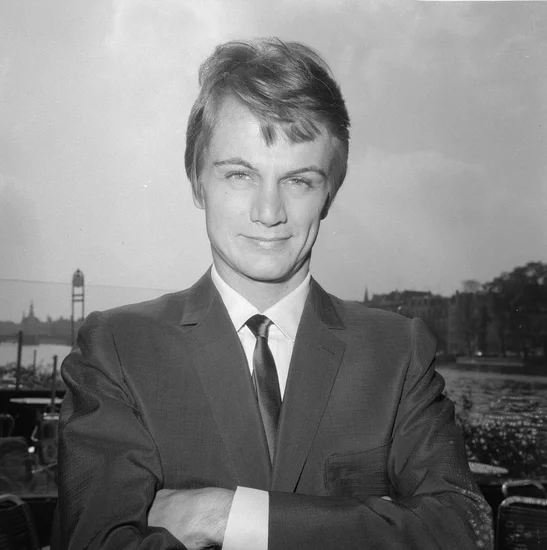
French entertainer Claude François entered the world, destined to become one of Europe’s most beloved performers. His childhood in Egypt and France shaped his multicultural musical sensibilities.
François would later achieve international fame with hits like “Comme d’habitude,” later adapted as “My Way.” His dynamic stage presence revolutionized French popular music entertainment.
1992 – Richard Brooks Dies

Acclaimed American director Richard Brooks passed away, leaving behind a legacy of cinematic excellence. His career spanned decades of Hollywood’s golden age filmmaking.
Brooks directed classics including “Blackboard Jungle” and “In Cold Blood,” demonstrating masterful storytelling abilities. His films tackled social issues with artistic integrity and commercial success.
Religious and Social Events on March 11
1977 – Hanafi Siege Ends in Washington D.C.
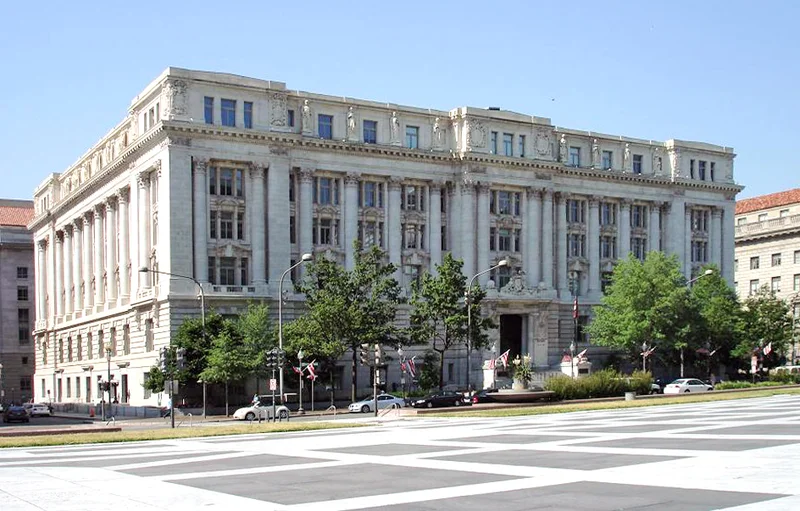
The dramatic Hanafi Muslim siege in Washington D.C. concluded peacefully after three days of tense negotiations. Around 150 hostages were released following intervention by ambassadors from Islamic nations.
The crisis highlighted religious tensions and the importance of diplomatic mediation in resolving conflicts. Islamic diplomatic intervention proved crucial in achieving a peaceful resolution.
1981 – Student Protests in Kosovo
Hundreds of students demonstrated at the University of Pristina in Kosovo, demanding greater political autonomy for their province. The protests quickly evolved into a broader movement for Albanian rights.
These demonstrations marked an early expression of Kosovo’s independence aspirations within Yugoslavia. The student movement foreshadowed the eventual dissolution of the Yugoslav federation.
2004 – International Criminal Court Inaugural Session
The International Criminal Court held its historic first session in The Hague, establishing a permanent tribunal for international justice. This milestone represented decades of effort to create accountable international law.
The ICC’s inauguration marked humanity’s commitment to prosecuting war crimes and crimes against humanity. The court’s establishment strengthened international legal frameworks for human rights protection.
Business and Economic Events on March 11
2021 – Biden Signs American Rescue Plan
President Joe Biden signed the massive $1.9 trillion American Rescue Plan into law, providing unprecedented economic relief. This legislation addressed COVID-19’s devastating economic impact through direct payments and business support.
The rescue package represented one of the largest economic stimulus measures in American history. Biden’s signature mobilized resources for pandemic recovery and economic stabilization nationwide.
2010 – Sebastián Piñera Sworn in as Chilean President
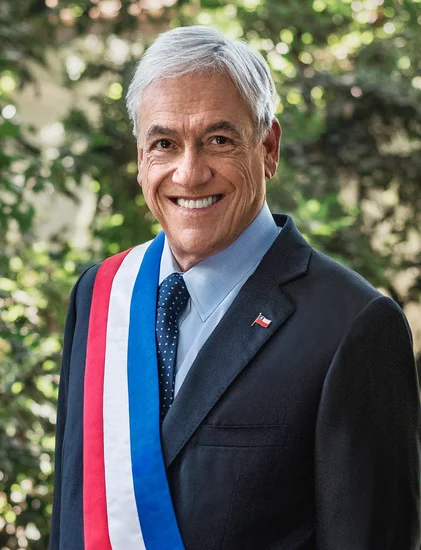
Businessman and economist Sebastián Piñera assumed Chile’s presidency during a ceremony interrupted by earthquake aftershocks. His inauguration marked the return of center-right politics to Chilean governance.
Piñera’s business background brought market-oriented policies to Chilean economic management. His presidency coincided with Chile’s recovery from the devastating 2010 earthquake disaster.
2019 – Sebastián Piñera’s Economic Policies
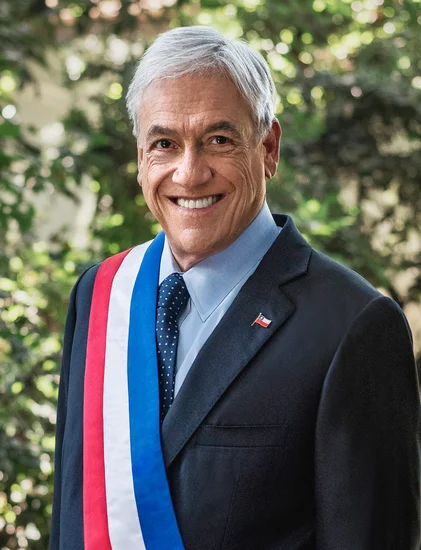
President Piñera’s economic reforms during his second term emphasized market liberalization and foreign investment attraction. His policies reflected Chile’s commitment to free-market capitalism and international trade.
The administration’s economic approach balanced social programs with fiscal responsibility. Piñera’s business experience influenced Chile’s economic development strategies throughout his presidency.
Transportation and Infrastructure on March 11
1982 – Widerøe Flight 933 Crashes in Barents Sea

A tragic aviation accident claimed fifteen lives when Widerøe Flight 933 crashed into the Barents Sea near Gamvik, Norway. The disaster highlighted safety challenges in Arctic aviation operations.
The crash prompted comprehensive reviews of northern flight safety protocols and emergency response procedures. Norwegian aviation authorities implemented enhanced safety measures for Arctic route operations.
2022 – Bombardier Challenger 604 Crashes in Iran
A Bombardier Challenger 604 aircraft crashed into the Zagros Mountains near Shar-e-kord, Iran, killing all eleven people aboard. The tragedy underscored aviation safety challenges in mountainous terrain.
The crash investigation revealed important insights about high-altitude flight operations in challenging geographic conditions. Iranian authorities enhanced safety protocols for flights over mountainous regions.
Sports and Recreation on March 11
1923 – Louise Brough Born

American tennis champion Louise Brough entered the world, destined for greatness on the courts. Her childhood in Oklahoma fostered competitive spirit and athletic excellence.
Brough would later dominate women’s tennis, winning multiple Grand Slam titles including six Wimbledon championships. Her powerful serve and net play revolutionized women’s tennis strategy.
1927 – Vince Boryla Born

American basketball player Vince Boryla was born, beginning a journey toward professional sports success. His athletic talents emerged early through high school and college competition.
Boryla’s professional career spanned playing, coaching, and executive roles in basketball. His contributions helped establish the NBA’s early foundations and competitive standards.
1985 – Greg Olsen Born

Future NFL star Greg Olsen was born, destined to become one of football’s premier tight ends. His childhood athletic pursuits laid groundwork for professional success.
Olsen’s NFL career featured multiple Pro Bowl selections and franchise receiving records. His transition to broadcasting demonstrated versatility beyond athletic performance.
Notable Births on March 11
1931 – Rupert Murdoch Born
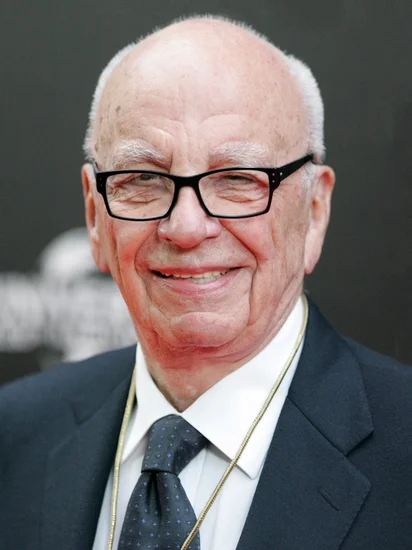
Australian media magnate Rupert Murdoch entered the world, destined to reshape global communications. His father’s newspaper background influenced his early interest in media ownership.
Murdoch built an international media empire spanning newspapers, television, and film production. His influence extended across continents, fundamentally changing modern news consumption patterns.
1916 – Harold Wilson Born
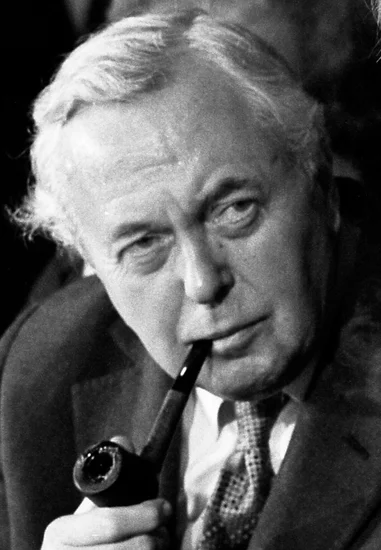
Future British Prime Minister Harold Wilson was born in Yorkshire, beginning a remarkable political journey. His working-class background shaped his lifelong commitment to social reform.
Wilson served as Prime Minister twice, leading Labour governments through transformative social changes. His policies modernized Britain’s economy and expanded educational opportunities for working-class citizens.
1936 – Antonin Scalia Born
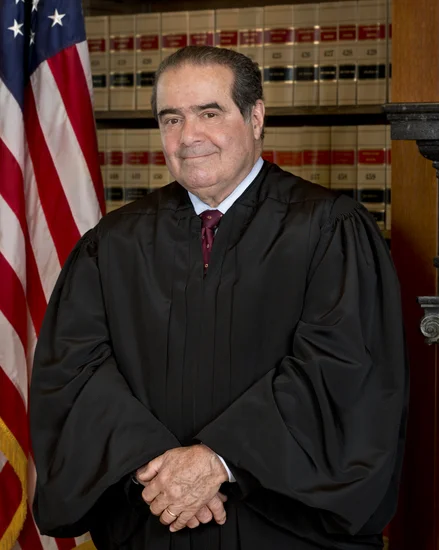
Supreme Court Justice Antonin Scalia was born, destined to become one of America’s most influential legal minds. His Italian-American heritage instilled strong family values and intellectual curiosity.
Scalia’s originalist judicial philosophy profoundly shaped constitutional interpretation for decades. His sharp intellect and passionate advocacy influenced conservative legal thought nationwide.
1950 – Bobby McFerrin Born

Innovative vocalist Bobby McFerrin was born, bringing revolutionary approaches to popular music. His musical family background nurtured extraordinary vocal talents from childhood.
McFerrin’s “Don’t Worry Be Happy” became a cultural phenomenon, showcasing his unique vocal percussion techniques. His jazz innovations influenced generations of singers and musical arrangers.
1952 – Douglas Adams Born

British author Douglas Adams was born, destined to revolutionize science fiction comedy. His Cambridge education developed the wit and intelligence that characterized his writing.
Adams created “The Hitchhiker’s Guide to the Galaxy,” becoming a beloved cultural phenomenon. His humorous take on science fiction influenced literature, radio, and digital media.
1978 – Didier Drogba Born

Ivorian football legend Didier Drogba was born, beginning a journey toward international soccer stardom. His childhood in Ivory Coast and France shaped his multicultural perspective.
Drogba’s Chelsea career established him as one of football’s greatest strikers. His leadership helped Chelsea win multiple Premier League titles and Champions League glory.
Notable Deaths on March 11
1955 – Alexander Fleming Dies

Scottish biologist Alexander Fleming passed away, leaving behind the revolutionary discovery of penicillin. His accidental observation of mold properties transformed modern medicine forever.
Fleming’s Nobel Prize-winning research saved countless lives through antibiotic treatment of bacterial infections. His legacy continues through ongoing medical research and pharmaceutical development.
1971 – Philo Farnsworth Dies

American inventor Philo Farnsworth died, having revolutionized modern communications through television technology. His electronic television system became the foundation for broadcast media.
Farnsworth’s innovations enabled the television age, fundamentally changing entertainment, news, and global communication. His electronic scanning principles remain essential to modern video technology.
2006 – Slobodan Milošević Dies
Former Yugoslav President Slobodan Milošević died while facing war crimes charges at The Hague. His death occurred during international tribunal proceedings for crimes against humanity.
Milošević’s leadership during the Yugoslav Wars resulted in widespread ethnic violence and genocide. His death prevented final judgment but highlighted international justice efforts.
2018 – Ken Dodd Dies

Beloved British comedian Ken Dodd passed away, ending a career spanning over six decades of entertainment. His unique comedy style and Doddy’s tickling stick became cultural institutions.
Dodd’s marathon comedy performances and distinctive humor delighted generations of British audiences. His legacy continues through comedy clubs and entertainment venues throughout the United Kingdom.
2022 – Rupiah Banda Dies
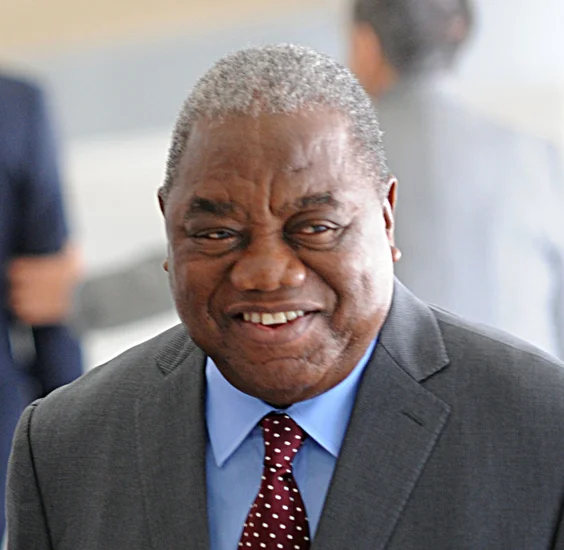
Former Zambian President Rupiah Banda passed away, concluding a lifetime of public service to his nation. His political career spanned decades of Zambian independence and development.
Banda’s presidency focused on economic development and international relations for Zambia. His leadership helped stabilize the country during challenging political transitions.
Holidays and Observances on March 11
Day of Restoration of Independence from Soviet Union
Lithuania commemorates its historic declaration of independence from the Soviet Union on this significant national holiday. The observance celebrates courage and determination in pursuing national freedom.
Lithuanian communities worldwide gather to honor their nation’s brave stand against Soviet control. The holiday symbolizes successful resistance to authoritarian rule and achievement of democratic sovereignty.
Saudi Flag Day
Saudi Arabia celebrates its national flag and the symbols representing the kingdom’s identity and values. The observance honors the flag’s religious significance and national unity it represents.
Citizens display flags throughout the kingdom while participating in patriotic ceremonies and cultural events. The holiday strengthens national pride and cultural identity among Saudi Arabian people.
Moshoeshoe Day in Lesotho
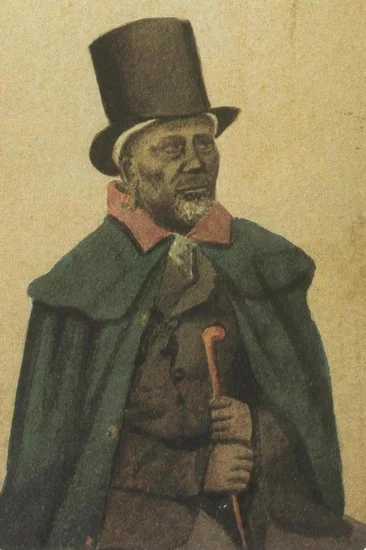
Lesotho honors King Moshoeshoe I, the founder and first king of the Basotho nation. The holiday celebrates his leadership in uniting various tribes and establishing the kingdom.
Moshoeshoe Day features traditional ceremonies, cultural performances, and educational programs about Basotho history. The observance strengthens national identity and cultural heritage preservation.
